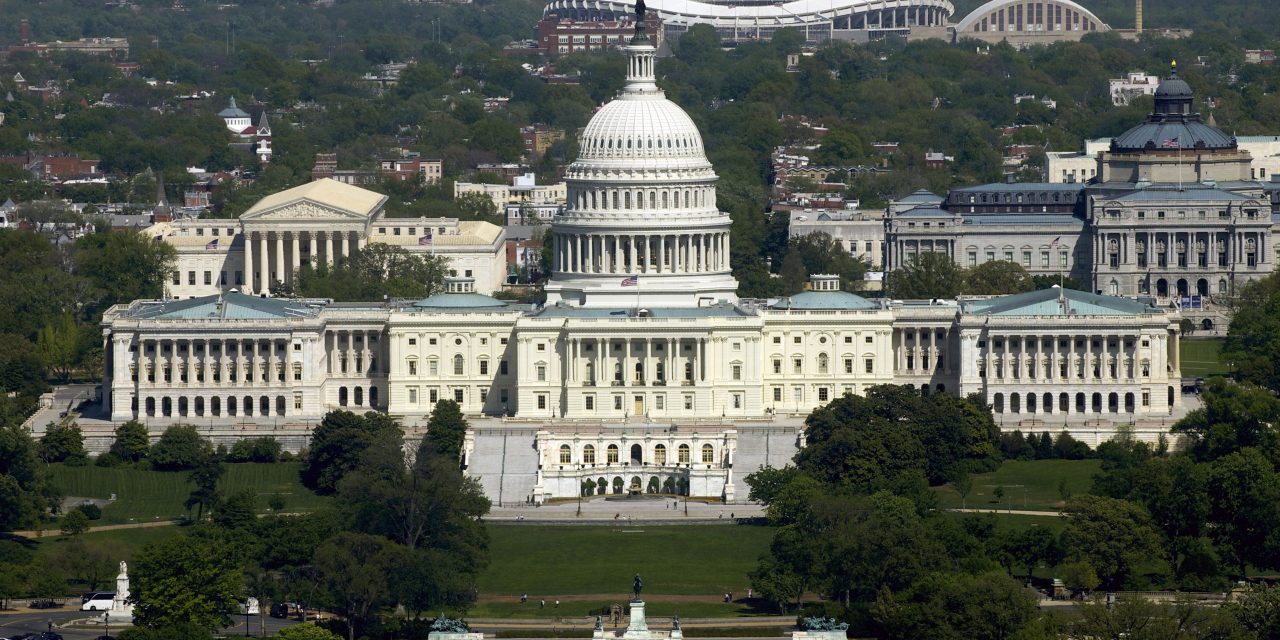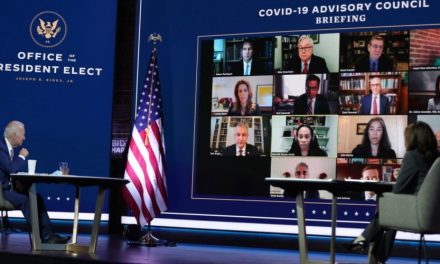President-elect Joe Biden is facing big headaches on getting his priorities off the ground on Capitol Hill.
Biden pledged to unify the country after the tumultuous years of the Trump presidency, and Democrats are vowing to use their first unified government in more than a decade to enact a “bold” agenda.
But they are facing significant hurdles to getting anything done fast. There’s a looming second impeachment trial for former President Trump and, in the meantime, a chaotic Senate that is stuck in limbo amid a standoff on a power-sharing agreement with Republicans.
“Things are on hold. I’ve got a lot of things I want to do,” Sen. Dick Durbin (D-Ill.) said of the impact of not having a power-sharing deal on Biden’s agenda.
Biden’s problems are two-fold: His Cabinet nominees appear poised to move at a sluggish pace and two of his legislative priorities — coronavirus relief and immigration reform — are already being panned by top Republicans.
In a potential sign of the hurdles to come, Senate Minority Leader Mitch McConnell (R-Ky.) sent a warning shot during one of his first floor speeches back in the minority. Republicans, he warned, were willing to work with Biden but also wouldn’t be shy about blocking bills they don’t support. Because of the 60-vote legislative filibuster, Democrats will need at least 10 GOP senators to pass most things.
“If and when our Democratic friends depart from common sense, when they retreat from common ground, when their proposals would harm the common good — then we’ll use the power the American people have given us to push for what is right,” McConnell said.
It’s a stark reminder of the partisan divisions awaiting Biden, a decades-long deal cutter who came up through the party’s centrist lane and is pledging to unify an increasingly frayed country.
Hanging over any scheduling in the Capitol is the timing of Trump’s second trial with senators waiting to see when House Speaker Nancy Pelosi (D-Calif.) will send over the article of impeachment.
The speaker and the House impeachment managers are keeping a tight lid on their plans. But McConnell told Republicans during a conference call that he wants to delay the trial until February, something he needs Democratic buy-in for.
Doing so could give Democrats time to get more of Biden’s nominations confirmed, and Sen. Chris Coons (D-Del.), a top Biden ally, said on CNN Thursday that he’d be willing to see the trial delayed to get more nominations done.
Once an impeachment trial starts, it’s expected to sideline anything else in the Senate.
Democrats and Biden have floated the idea that the Senate could vote on nominations and legislation in the morning, and then conduct Trump’s historic second trial in the afternoon.
But Republicans have shot that down, saying Democrats must choose between trying to get more of Biden’s nominations confirmed or holding an impeachment trial.
“They have a decision to make. We can’t make that for them,” said Sen. Mike Rounds (R-S.D.).
Biden could only get two nominations confirmed this week: Avril Haines as director of national intelligence and former Gen. Lloyd Austin, who the Senate is expected to confirm on Friday, as defense secretary.
Democrats are hoping to also confirm Janet Yellen to lead the Treasury Department and Secretary of State nominee Tony Blinken this week, though Sen. John Thune (R-S.D.) warned that they could be delayed until next week.
A whole swath of other nominations including Merrick Garland, Biden’s pick for attorney general, Department of Health and Human Services (HHS) secretary nominee Xavier Becerra and Neera Tanden, Biden’s choice to lead the Office of Management and Budget (OMB), are in limbo. It’s unclear if they could be confirmed before the start of a Senate trial even if Democrats agree to delay sending over the article of impeachment.
Moving nominations is complicated by the fact that McConnell and Senate Majority Leader Charles Schumer (D-N.Y.) haven’t yet reached an agreement on how to share power in the 50-50 Senate. It’s set up a weird dynamic in which Democrats have the majority, but Republicans still control many of the Senate committees.
Another complication emerged when McConnell asked that the organizing deal include language protecting the 60-vote legislative filibuster, which progressives and a growing number of Democratic senators support nixing.
Supporters warn that the filibuster stands in the way of passing many of Biden and Democrats priorities and that McConnell is making a request that he would never agree to if Republicans were still in the majority.
Though Biden is hoping to be able to garner broad bipartisan support for his agenda, he’s facing early headwinds on key legislative priorities that Republicans could use the filibuster to slow down.
Sen. Roy Blunt (R-Mo.), a member of GOP leadership, called his $1.9 billion coronavirus proposal a “non-starter.”
“I suspect the whole package is a nonstarter, but it’s got plenty of starters in it,” Blunt said. “There’s some things in there that aren’t going to happen, there’s some things that can
Senate Democratic leadership have stopped short of putting a timeline for when they would try to pivot to reconciliation, a budget tactic that allows some legislation to bypass the higher vote threshold.
But House Democrats say they are ready to pull the trigger on using reconciliation on coronavirus as soon as they get the signal from leadership.
“I think the objective of both House Democrats and the administration is to get this done as quickly as possible, whatever we need to do,” Rep. John Yarmuth (D-Ky.) told reporters. “We haven’t made a decision yet to use reconciliation but we are, we are prepared to move very quickly if it looks like we can’t do it any other way.”
The Hill





